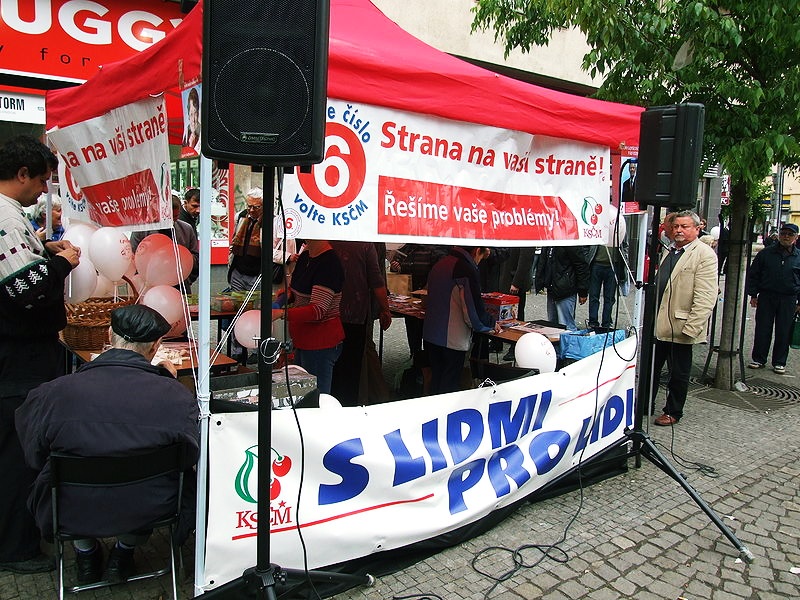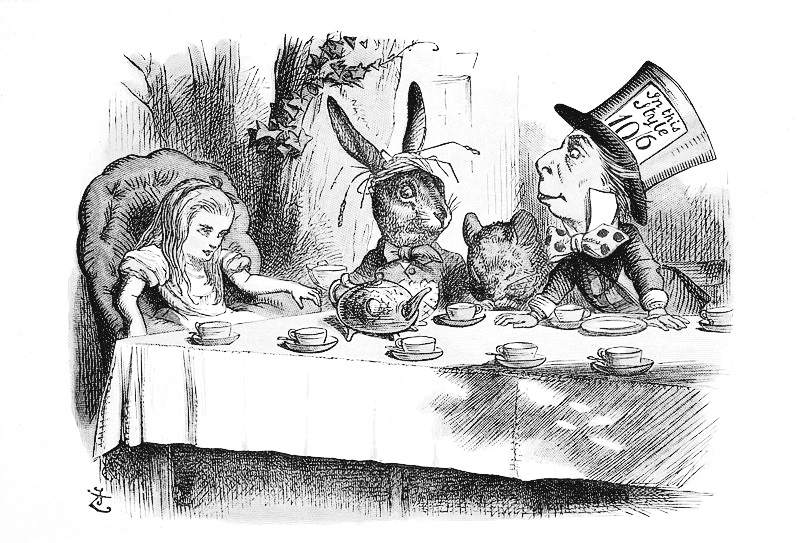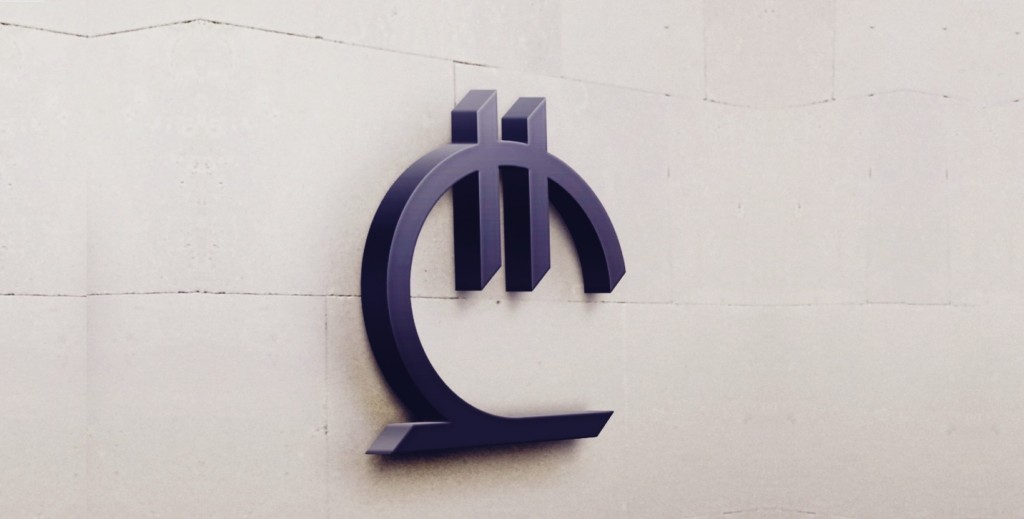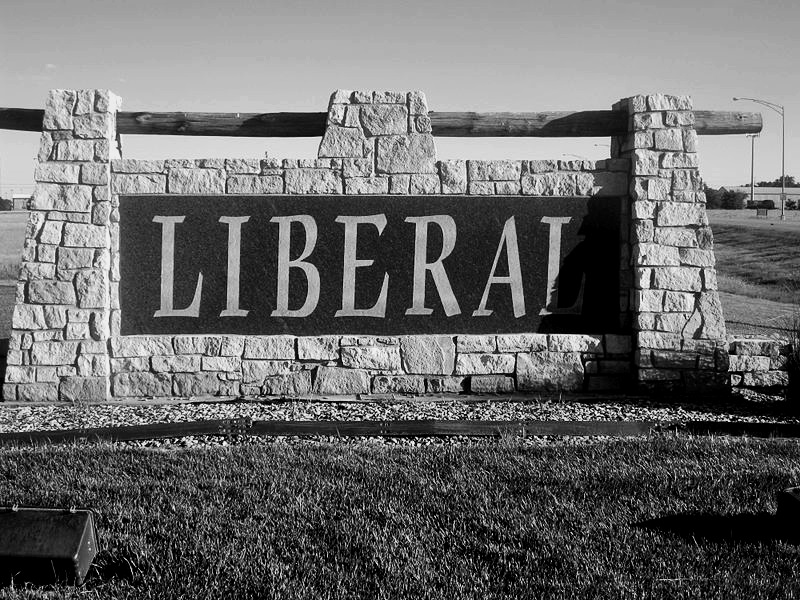
The Past, the Present and the Future of the Communists in the Czech Party System
BY
Liberalni Institute / April 12, 2015
KSCM has no intention to transform itself into a modern leftist party. Its stance, supported by the extraordinary orthodox program, is close to pure Marxism and their proponents repeatedly tend to doubt the post-revolution development, deny the communist crimes and to praise the socialist era as something what should be followed











